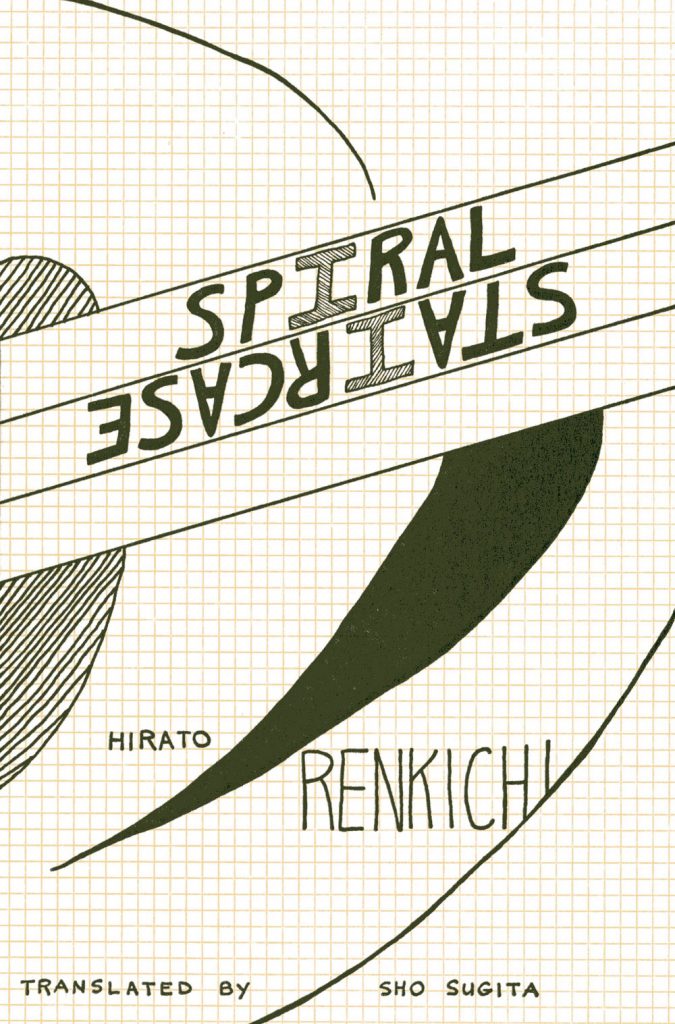Sho Sugita’s translations of Renkichi … are marvelous, precise, and generously show off Renkichi’s range of styles and emotional modes. The poems are formally radical, wry, performative, obsessive, gorgeous. They read like music. They also fundamentally challenge difficult-to-kill cultural stereotypes of writing from East Asia, be it ancient or contemporary, and that is vital work. I hope Renkichi becomes an avant-garde classic. I can’t get enough.
Wendy Xu, Poetry Magazine
Translator Sho Sugita’s ingenious handling of the high-impact, anxiously mutating poetry of Hirato Renkichi—central to the blink-and-it’s-over Japanese Futurist literary movement, dead at 29—brings into sharp focus a momentous, of-the-moment figure little known in the English-speaking world. Hirato’s spring-loaded motto:
Directness is my mores.
My action.
My art.
(from “Poem of Directness”)
David Grubbs
It's hard to fathom how a poet with such balls could go under the radar for nearly one hundred years. Hirato Renkichi's devotion to poetry puts him in the company of Rimbaud and Mayakovsky, and his work also provides a fascinating view into the flow of experimental forms from west to east in the early twentieth century. Sho Sugita's labor in contextualizing and translating this collection is a real gift to English-language readers.
Lisa Jarnot
...a growing tendency to break up the language and images, abstracting them into a pulse of pure energy that conveys the meaning rather than simply expressing it.
Douglas Messerli
Futurism in this model is not simply a foreign import, another cultural position to constellate with all the others. For Hirato, Futurism, with its vision of an absolute experience of transcendent speed, foretells a modernity that is unmoored from the particularity of time and space… prising itself free of language as a national category, [‘Ensemble,’ one of the book’s poems] prises itself free too of the individual and even the human, turning ‘human’ and ‘voice’ into simply one element among many, neither more nor less poetic than the ‘light’ or ‘tower’ with which the text constellates them.
ALYS MOODY, Sydney Review of Books
